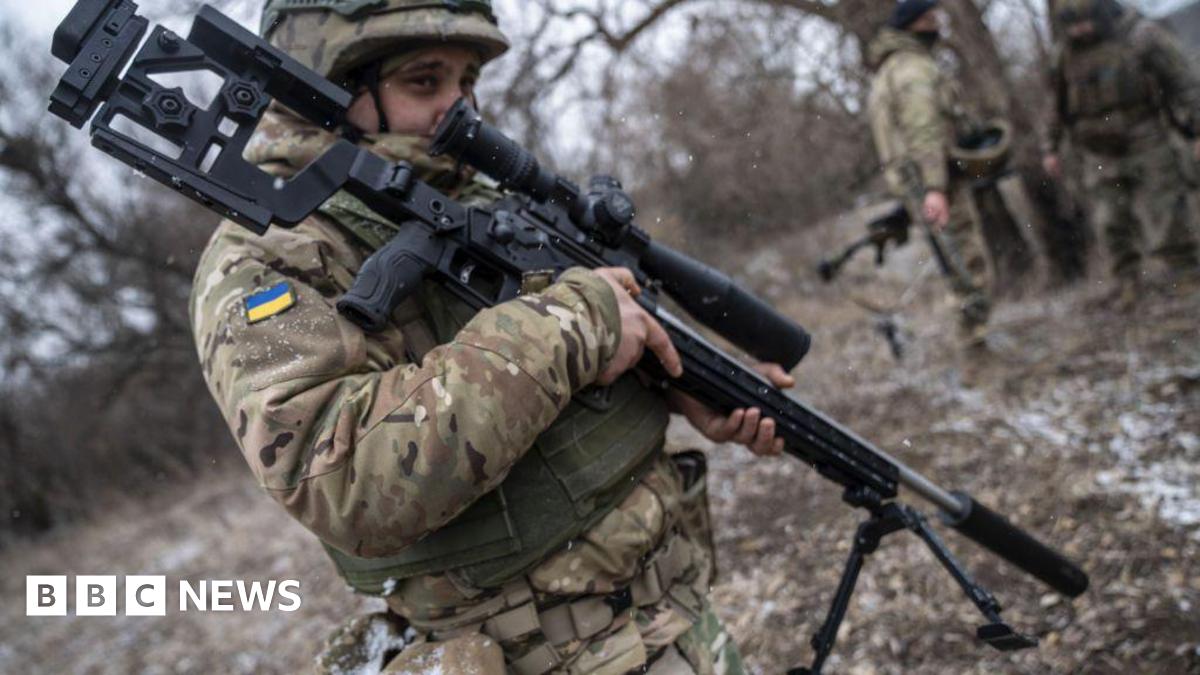Ukraine Conflict: A Global Test for Peace and International Cooperation
The ongoing conflict in Ukraine presents a profound challenge to global peace and security, testing the resolve and effectiveness of international organizations and individual nations. Far from being a regional issue, the war's ripple effects are felt worldwide, impacting energy markets, food security, and the very fabric of international relations. This article delves into the complexities of the conflict, exploring its global implications and the crucial role of international cooperation in seeking a peaceful resolution.
The Human Cost and Humanitarian Crisis
The human cost of the conflict is staggering. Millions of Ukrainians have been displaced, facing immense hardship and trauma. The destruction of civilian infrastructure, including hospitals and schools, has created a major humanitarian crisis. Access to essential services like clean water, food, and medical care is severely limited in conflict zones.
- Refugee Crisis: The sheer number of Ukrainian refugees has strained resources in neighboring countries and highlighted the need for coordinated international humanitarian assistance.
- Civilian Casualties: Reports of civilian deaths and injuries underscore the urgent need for protection of civilians under international humanitarian law.
- War Crimes Allegations: Investigations into alleged war crimes and atrocities are underway, demanding accountability and justice for victims.
Geopolitical Implications and Global Instability
The Ukraine conflict has significantly altered the geopolitical landscape, exacerbating existing tensions and creating new ones. The conflict's impact extends far beyond Ukraine's borders, influencing:
- Energy Security: Disruptions to energy supplies from Russia have sent global energy prices soaring, impacting economies worldwide and leading to energy insecurity in many nations.
- Food Security: Ukraine's role as a major grain exporter has been severely disrupted, contributing to rising food prices and threatening food security, particularly in developing countries.
- Global Supply Chains: The conflict has further disrupted already fragile global supply chains, exacerbating inflationary pressures and economic uncertainty.
- Nuclear Threat: The potential for escalation and the use of nuclear weapons remains a grave concern for the international community, demanding de-escalation efforts.
The Role of International Organizations
International organizations like the United Nations, NATO, and the European Union play a critical role in responding to the crisis. However, their effectiveness is hampered by differing national interests and geopolitical complexities.
- UN Efforts: The UN has been instrumental in delivering humanitarian aid and coordinating international efforts, but its ability to enforce peace and security is limited.
- NATO's Response: NATO's response has focused on providing military support to Ukraine and bolstering its eastern flank, but direct military intervention has been avoided to prevent further escalation.
- EU Sanctions: The EU has imposed significant sanctions on Russia, but their effectiveness in changing Russia's behavior remains a subject of debate.
The Path Towards Peace: Diplomacy and International Cooperation
Finding a peaceful resolution to the Ukraine conflict requires a multifaceted approach, emphasizing diplomacy, dialogue, and international cooperation.
- Negotiations and Dialogue: A return to meaningful negotiations and dialogue between Ukraine and Russia, potentially mediated by international actors, is essential.
- International Pressure: Sustained international pressure on Russia to respect Ukraine's sovereignty and territorial integrity is crucial.
- Long-Term Security Arrangements: Establishing robust long-term security arrangements for Ukraine and the region, perhaps involving neutral status guarantees, could contribute to lasting peace.
- Accountability and Justice: Holding those responsible for war crimes accountable is essential for reconciliation and preventing future atrocities.
Conclusion: A Call for Global Solidarity
The Ukraine conflict underscores the urgent need for strengthened international cooperation and a renewed commitment to multilateralism. The global community must work together to address the humanitarian crisis, mitigate the conflict's broader impacts, and promote a peaceful resolution. The path to peace is challenging, but achieving it is crucial for the future of global security and stability. We must remain vigilant in our efforts to build a more peaceful and just world.
(Note: This article is for informational purposes only and does not constitute political endorsement. It aims to provide a comprehensive overview of the conflict's multifaceted aspects.)
